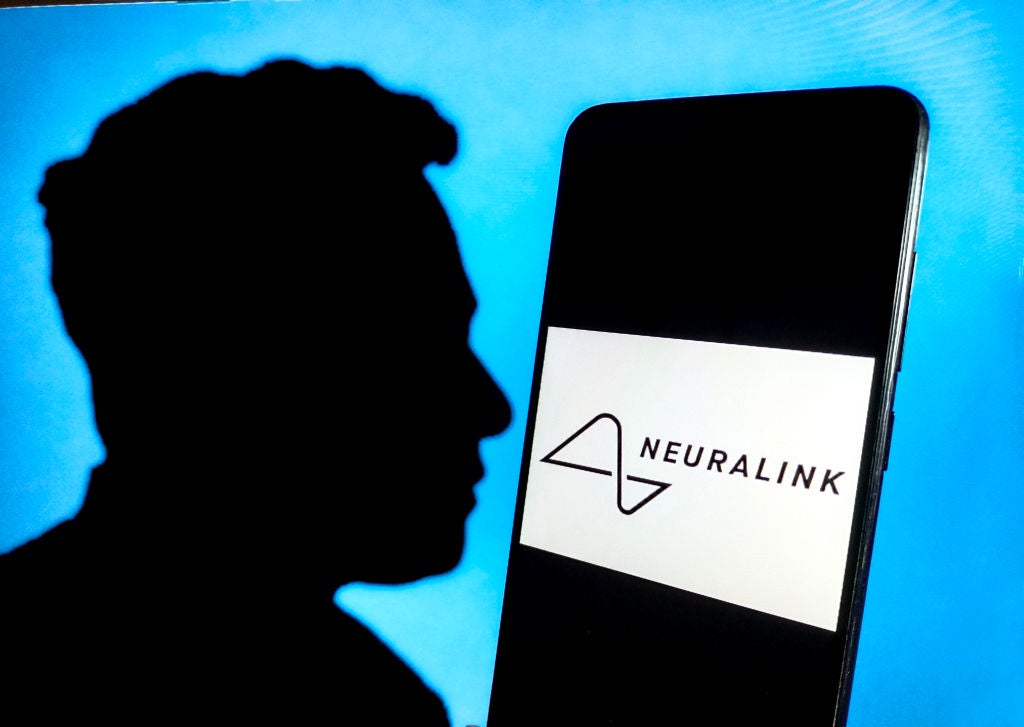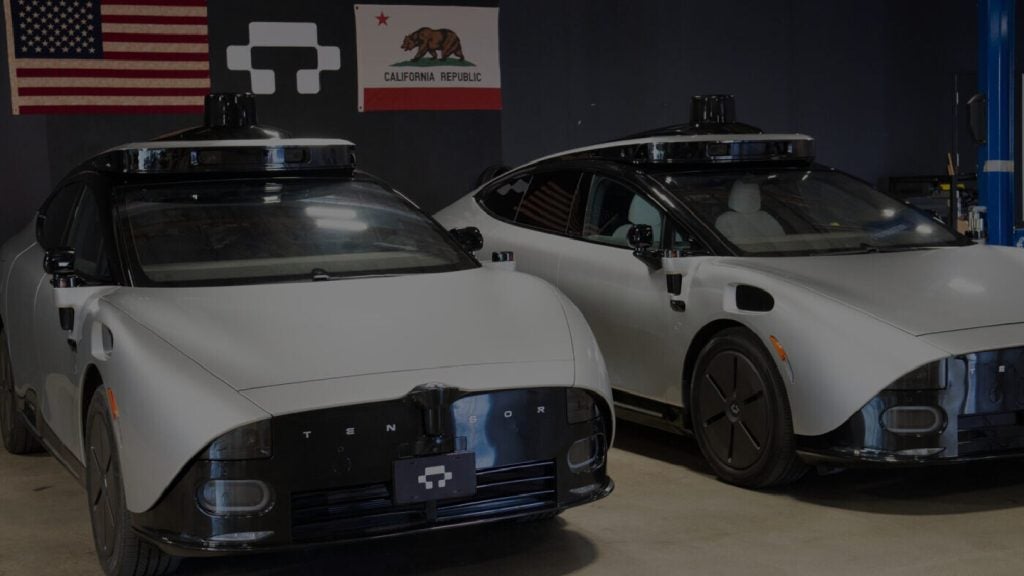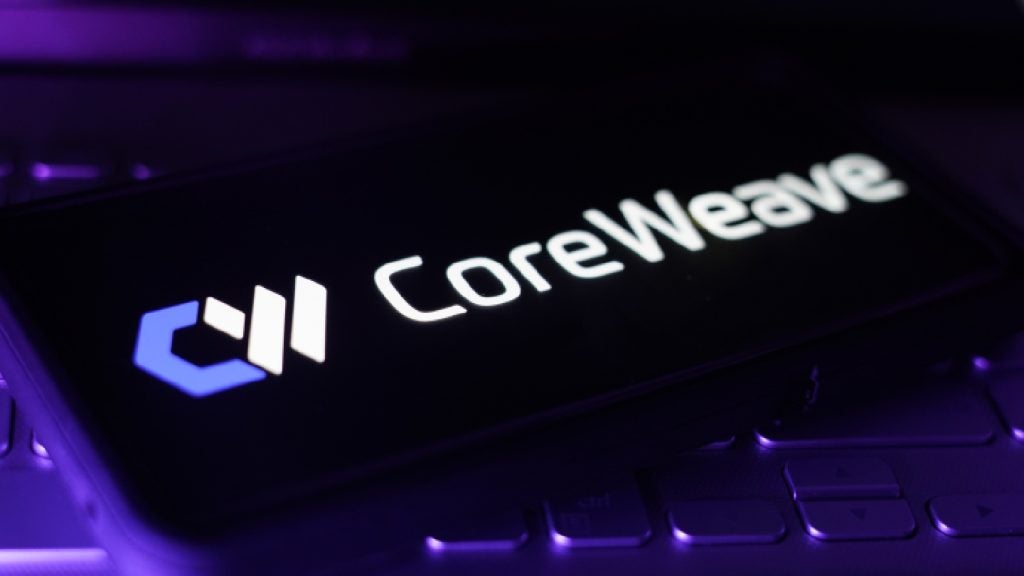
Elon Musk’s brain-chip startup Neuralink implanted a chip on its first human patient on Sunday (28 January), the billionaire founder said.
The patient is recovering well and initial results show promising neuron spike detection, Musk announced in an X post on Monday.

Access deeper industry intelligence
Experience unmatched clarity with a single platform that combines unique data, AI, and human expertise.
Spikes are bursts of activity by neurons, which are cells that send electrical signals to parts of the brain to send information to parts of the body.
The US Food and Drug Administration gave the company clearance to carry out human trials last year.
Neuralink’s human trials involve a robot placing a brain-computer interface (BCI) implant on a part of the brain that controls the body’s movement.
The company said its initial goal was to give people the ability to control a computer cursor or keyboard using just their thoughts.

US Tariffs are shifting - will you react or anticipate?
Don’t let policy changes catch you off guard. Stay proactive with real-time data and expert analysis.
By GlobalDataNeuralink’s first product will be named Telepathy and will allow users to control their phone, computer and almost any device just by thinking, Musk said in a post on X.
“Imagine if Stephen Hawking could communicate faster than a speed typist or auctioneer. That is the goal,” Musk wrote.
The product’s initial users will be people who have lost the use of their limbs.
Musk’s Neuralink is not the only company that has implanted devices into humans.
École Polytechnique Fédérale in Lausanne, a public research university in Switzerland, engineered BCI technology that allowed a paralysed man with a spinal cord injury to walk again.
The man was able to move his limbs just by thinking through electronic implants placed on his brain and spine.







